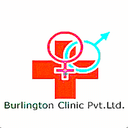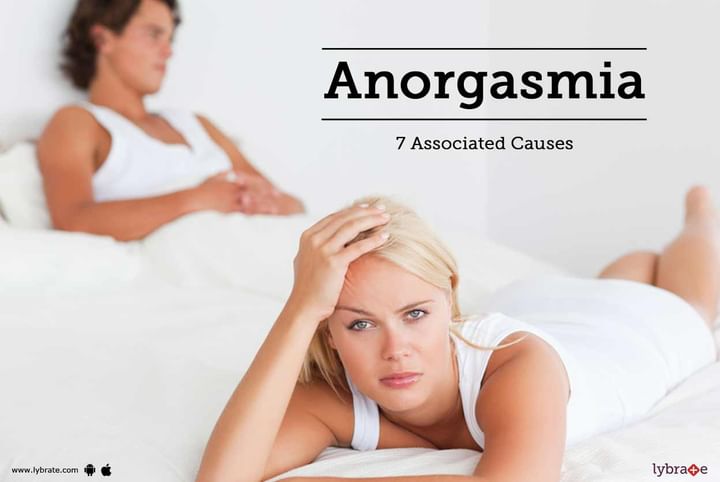Anorgasmia - 7 Associated Causes
Anorgasmia, also known as Coughlan's syndrome, is a form of dysfunction, which deters your performance in bed. It is defined as the inability of a patient to achieve an orgasm even with adequate stimulation. Anorgasmia may also refer to long delays in achieving an orgasm, causing significant concern or stress to the patient. This condition is more commonly seen in women, especially those in the postmenopausal age group.This is especially common in women.
Cause of Anorgasmia:
- Trauma to the genital or pelvic organs; this trauma can be acquired from straddle injuries, for example falling off a balance beam or a bicycle
- Complications of surgery in the pelvic area
- Gynecologic operations, difficult childbirth and prosthetic procedures
- Diseases, such as multiple sclerosis, spinal cord injuries and diabetes mellitus
- Psychological conditions such as anxiety, depression or alcoholism
- Certain kinds of drugs such as antidepressant medications
- Addiction to heroin and other opiates
Occasionally, anorgasmia results from a combination of these causes
Symptoms of Anorgasmia: The primary symptom of anorgasmia is the failure to climax during sexual intercourse. Some patients may also experience a decreased intensity of orgasms, take a longer time than usual to achieve orgasms, and experience pain in lower abdomen or pelvic region during sexual intercourse. These symptoms can produce marked distress for the individual.
Types of Treatments Available: Anorgasmia is best managed by a sexual therapist. These experts are specialists in managing sexual dysfunction, and would initially confirm the diagnosis with several blood tests. A thorough neurological examination will be performed and hormone levels, blood sugar and genital blood flow will be evaluated.
Anorgasmia can be treated with:
- Changes in lifestyle and sexual practices
- Minimizing stress and anxiety
- Trying different techniques of sexual stimulation
- Kegel exercises
- Use of several devices, such as vacuum pumps and vibrators
- Cognitive therapy, a form of behavioral therapy that promotes changes in a person's ideas and attitude towards sexual activity)
- Counseling for couples (to allow them to address any issues in the relationship, at home and in the bedroom). If you wish to discuss about any specific problem, you can consult a Sexologist.



+1.svg)
